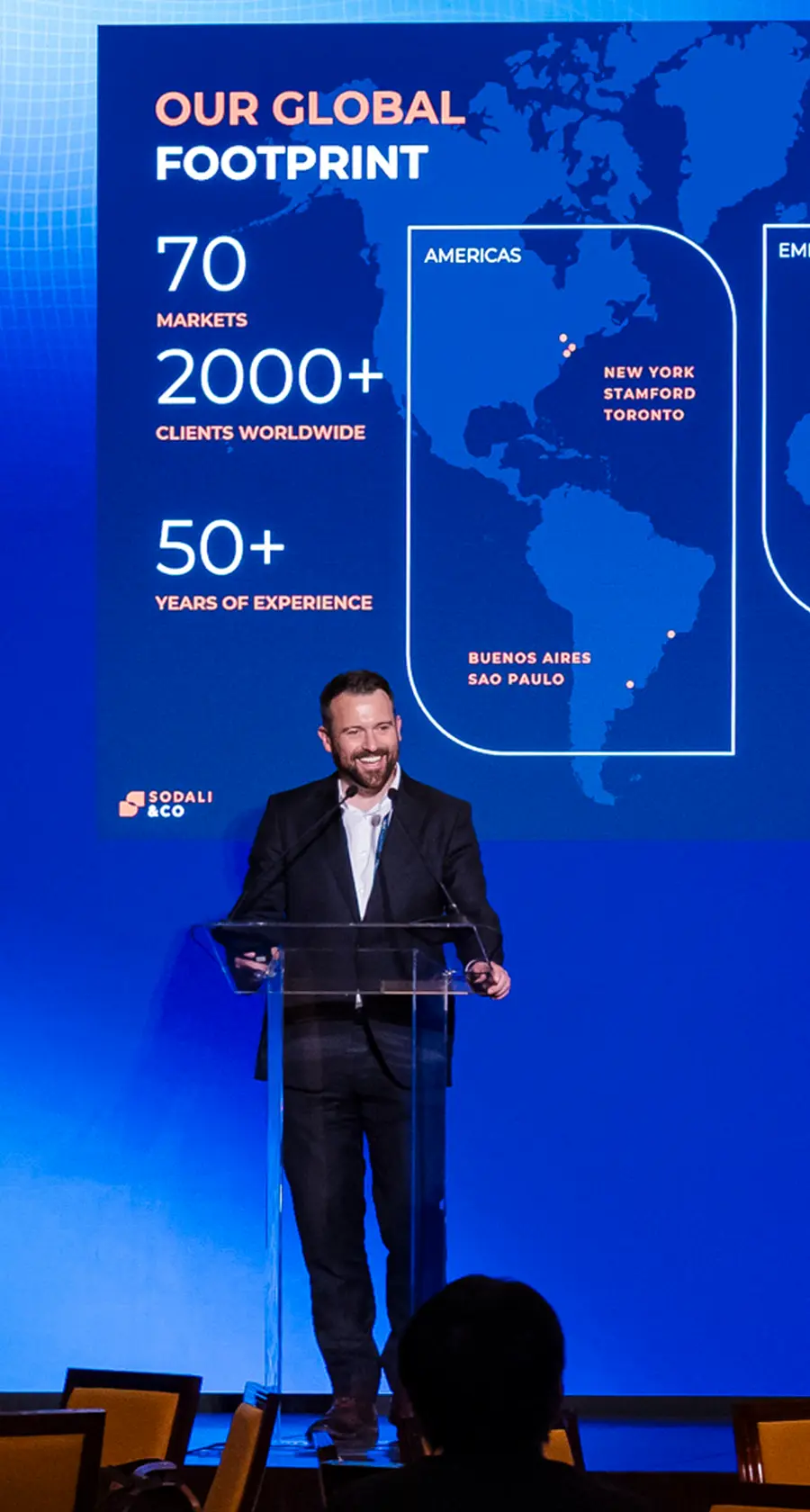
Subscribe to stay informed, inspired and involved.
Sodali & Co experts joined the Mergermarket M&A Forum Japan 2025 to share insights on, “M&A in Motion: How Investors, Proxy Advisors, and Proactive Boards Shape Outcomes”. The session provided valuable insights into the final and often most critical stage of any transaction: securing shareholder approval. Drawing on real case studies and extensive cross-border experience, the discussion highlighted how understanding and engaging with shareholders early is no longer optional; it’s essential.
Key Takeaways
1. Shareholder Behavior is Complex and Dynamic
Post-announcement, the target company registers a rapid shift. Event-driven funds, including hedge funds and arbitrageurs, often build sizable positions, which can influence the outcomes of tender offers and shareholder votes. At the same time, active managers may reduce their holdings, while passive funds (e.g., BlackRock, Vanguard) remain on the register but engage actively through voting at meetings. Understanding how each investor cohort behaves is vital for deal planning and execution.
2. The Role of Proxy Advisors is Growing
Proxy advisors, such as ISS and Glass Lewis, continue to influence large institutional and passive investors. While they do not opine on tender offers, their recommendations are critical during squeeze-out votes and shareholder meetings. A positive recommendation can significantly sway the outcome, particularly when passive funds hold a significant portion of shares.
3. Activism in Japan is Surging
The number of activist investors operating in Japan has grown nearly tenfold in the last decade. These investors are increasingly sophisticated and globally connected. Their demands are evolving from basic governance reforms to more aggressive calls for mergers and acquisitions (M&A) activity, divestitures of non-core assets, and enhanced board accountability. Boards must anticipate and prepare for such engagements by implementing robust governance practices and providing clear messaging.
4. Regulatory Guidelines Are Raising the Bar
New guidelines from Japan’s Ministry of Economy, Trade and Industry (METI) require boards to demonstrate transparency and fairness when evaluating unsolicited bids. Institutional investors are now expecting boards to form independent committees and provide clear justifications for their decisions. Directors are also being asked to engage directly with shareholders to articulate why a proposed deal is in the best interests of all shareholders.
5. Retail Shareholders Cannot Be Overlooked
Retail investors often hold 20% or more of a company’s issued capital, yet they are frequently disengaged from corporate actions. When votes are tight—as is usually the case in tender offers—their participation can make or break a deal. Targeted communication strategies are required to reach and mobilize this segment effectively.
6. Preparation is the Best Defense
Whether managing a contested deal, activist campaign, or shareholder vote, preparation is key. Companies must:
- Map and monitor their share registers continuously
- Build proactive engagement plans for each stakeholder group
- Establish internal response teams in advance of a trigger event
- Understand proxy advisor policies and institutional investor expectations
- Control the narrative with clear, consistent communication
7. The Narrative Matters
How a board presents its case, whether defending against an activist, supporting a deal, or responding to unsolicited interest, can significantly influence outcomes. Language matters. The shift from "hostile" to "unsolicited" takeover framing reflects the growing emphasis on tone, transparency, and positioning in today's investor environment.
Click here to watch the full session.

